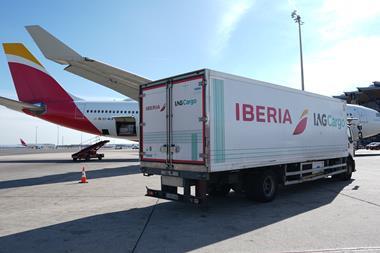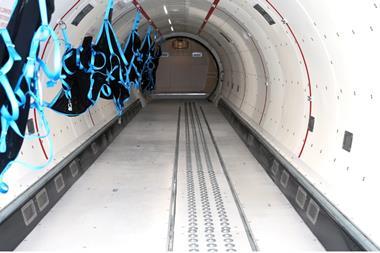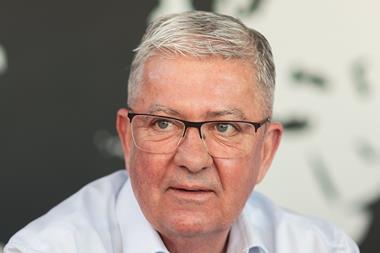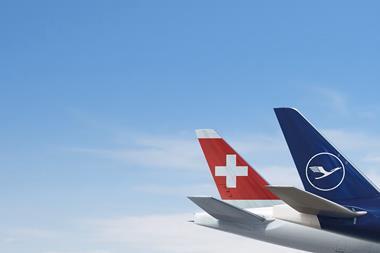Aircraft part manufacturers should get proper advice and provide customs brokers with information well in advance, says FedEx Europe managing director, David Poole.
With a growing market, particularly in Asia, UK aerospace companies need more support and assistance he argues. One of the largest stumbling blocks to the transport of aerospace parts are the complex customs requirements that must be met, which is made even more difficult by national variations.
For aircraft parts likely to undergo several return trips, it’s important to ascertain the proper shipping regime and to liaise with customs brokers who are properly up to speed with regulations in the aerospace sector if delays are to be avoided, he says. Senders are strongly recommended to provide a full description of the parts being shipped, with the right customs codes, as well as the price, origin and destination.
Different customs regimes apply to civilian and military aircraft, so it is also important to specify the intended use of the part.
Shippers of aircraft components are under pressure to keep shipment delays to a minimum. Not only are the parts themselves valuable, but the costs of a grounded aircraft can be huge.
The high cost of parts and extremely specific nature, including compatibility with only certain aircraft types, mean that they are sourced from all over the world.
If customs documentation is incorrect or incomplete, the broker may not have the necessary information to correctly make entry, a consignment may be held by customs and the sender may lose precious time. Different customs regimes may apply depending on the circumstances, and it is important for aircraft part manufacturers to choose the appropriate one.
Aircraft parts may be destined for a plane grounded in a location outside its normal country of residence, so specific rules may apply










